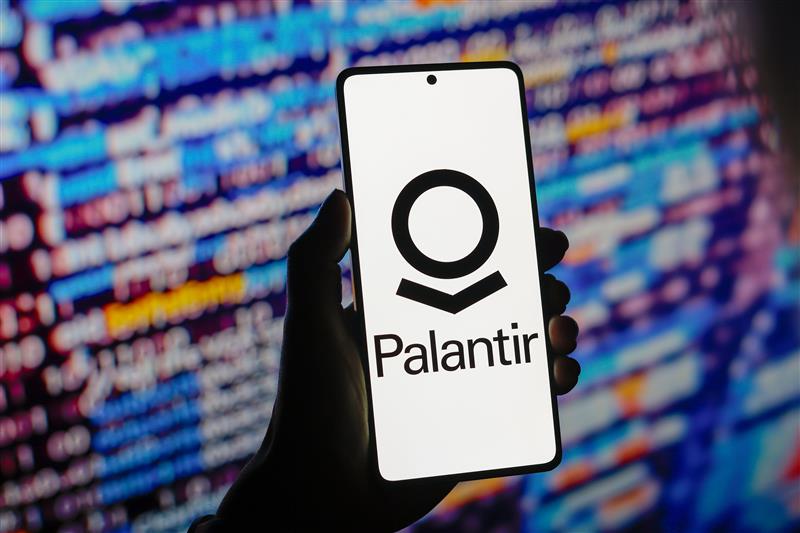Iran’s internet blackout left people in the dark. How does a country shut down the internet?
-
Ham Radios

deleted by creator
-
The article suggests the only way to avoid government shutdowns is through satellite internet which makes Starlink a lot more valuable.
But Elon shut off Starlink to Ukraine at the worst time… he can do it to you too.
-
It's a good article for people who got so used to the internet permeating everything that they never considered the underlying infrastructure. But it's there, and it can be controled - not just in Iran; though certainly countries like Iran and Russia put more effort into isolating it than others. But it will never be 100% - circumvention will always be possible - and I don't mean VPNs, just other physical/technical means of accessing & distributing the internet and/or other forms of ditributed messaging. As a layman's guess I'd say cell towers might factor into this.
Aren’t most cell tower functions just backhauled to the Internet these days, anyway?
-
On the other hand Meshtastic nodes can be solar powered and independent. You can easily build a big-ish mesh with a couple hundred western monetary units.
It also uses common frequencies with every single wireless weather display and garage door opener and wireless outlet.
Also HAM operators are required to not encrypt their traffic and are licensed/registered, thus easily found and their equipment taken away.
Neither is perfect tho
Licensing and encryption controls again, do not apply in authoritarian countries. You are already breaking the law by circumventing the communications blackout.
-
oh, then i did misunderstood, but i still don't see what you are suggesting. maybe if you get assigned address you can have some limited p2p communication with nearby people, but if that is the case, a guy with a megaphone does similar job.
Internet via sattelite is now a thing
-
Internet via sattelite is now a thing
indeed it is. it is not very relevant to our discussion though. it is not a "cell tower" and it needs rather expensive end user hardware. limit of proliferation of such hardware among population during some kind of government internet shutdown will be approaching to zero.
also, as any kind of radio communication, it can be locally jammed, which further reduces its usability in a crisis.
-
indeed it is. it is not very relevant to our discussion though. it is not a "cell tower" and it needs rather expensive end user hardware. limit of proliferation of such hardware among population during some kind of government internet shutdown will be approaching to zero.
also, as any kind of radio communication, it can be locally jammed, which further reduces its usability in a crisis.
our discussion
Not our. It's a discussion you are trying to have with me about something I labeled as a layman's guess.
-
Aren’t most cell tower functions just backhauled to the Internet these days, anyway?
I was wondering the same actually:
Wouldn't hard shutting down the internet shut down mobile communications as well. Of course a soft shutdown would allow for filtering that out. I wonder which one Iran chose.
-
I was wondering the same actually:
Wouldn't hard shutting down the internet shut down mobile communications as well. Of course a soft shutdown would allow for filtering that out. I wonder which one Iran chose.
Yes, a cell phone tower is basically a Wi-Fi router for a bunch of people because it has a connection to the internet via a fiber cable and then broadcasts that out over local airway spectrum. The exact same thing as your Wi-Fi does except for longer range and higher power and higher locations.
-
deleted by creator
My Iranian friend was talking to me about the Internet blackouts. I mentioned the ham radio thing.
He told me I would be hung by the regime, but only after being severely tortured for at least a week first.
-
our discussion
Not our. It's a discussion you are trying to have with me about something I labeled as a layman's guess.
Not our.
i talk, and you talk. it is our discussion.
It’s a discussion you are trying to have
i am not trying to have, i am having it. here you are, replying to me. why are you trying so hard to prove that a discussion is not a discussion? it does not make sense.
I labeled as a layman’s guess.
yeah. and since i am more knowledgeable than you in this particular regard, i contributed some information you might not have had. now you do and your future layman's guess can be more educated. that is how the discussion works. and for some strange reason, you seem to be pissed about it.







